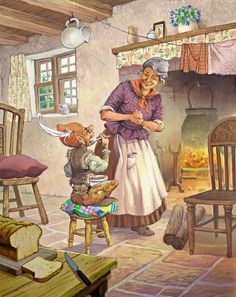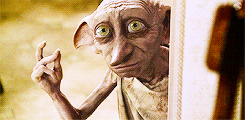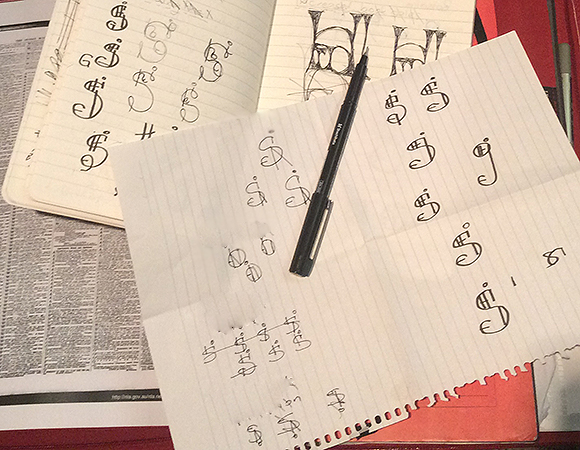Household magic, house elves & Santa Claus
- Patricia Leslie
- Aug 21, 2016
- 3 min read
Today was the kind of sunshiny, blue skies day where the winter neglected garden calls for some much needed attention. I thought a touch of weeding wouldn’t go astray so I wandered outdoors to spend half an hour soaking up the sun. Several hours later, after I filled our Green Recycle bin to the brim with weeds and wild vines, I dragged myself indoors to sit down for a rest, watch some Olympics action, and research pagan magic (as you do).
There are some wonderful pages, communities and groups on Facebook with links to sourced articles (I love when writers include their sources) and I found noteworthy (as in I took notes) information on sacred hearths and household magic, the Cailleadch, Brigid, and house elves. If you follow me on Facebook you might have noticed that I often share quotes with a pagan flavour. These are usually linked to ideas and character development I’m working on at the time
I’m also working on sigils. These are magical letters or notes where you write out your wish (for instance, sell more books), remove the duplicate letters (semorbk), mix the letters around (mrkosre), and then meld the letters into one symbol. When you’re finished you burn or bury the note and forget about it and TA DAA! Your “wish” comes true. Eventually.
Generally, I do not play around with magical symbols I don’t fully understand or use in my personal life (which means I don’t play around with magical symbols at all). In this case though, I think sigils will add a touch of authenticity to my next story and I will/may have characters that practice household magic including using sigils.
Household magic is a traditionally female sphere as it was usually women who worked indoors and around the house (weaving cloth, cooking, looking after the prosperity and integrity of the home and its inhabitants) while menfolk concentrated on work in the fields, or fishing, or hunting etc. In these communities, the work of both genders was seen as equally important. After all, if the women didn’t weave the men would be ploughing fields in the nude (or wrapped in skins, I suppose). I would presume that this wasn’t a strict practice as not every household had two parents and 7.5 children to manage. Chores change as needs must. And I should point out that I’m researching Celtic Gaelic traditions in Scotland and Ireland. Obviously, different cultures practiced differing magics and chore division.
When I use the term ‘household magic’, I don’t mean women playing at a few spells for good luck and for dinner to come out just right. Household magic in my lexicon is the most powerful. Home is where the hearth is and the hearth is a traditional source of powerful forces (Brigid is the Goddess of the Hearth). With the hearth comes fire and with fire comes food, warmth and comfort. Herbs also are included in household magic as they were and are used for food, medicine, cleansing, making products, dying, and casting spells. There is a lot of power to be found around the stove in any kitchen and traditionally those stoves consisted of hearths, fire, and chimneys.
Here’s a little bit of interesting trivia on the origin of Santa Claus stories. I’ve always thought Santa originated in a story where an old, yet prosperous man, secretly left gifts for the people in his community at Yule time. No doubt there is some veracity in that. Today though, I found out that Santa could also have originated as a house elf (I know, you all probably thought of Dobby and went awwwww – or Kreacher and you shuddered). The house elf can trace its roots back much further than JK Rowling’s Harry Potter novels. In Scottish Gaelic myth, the house elf was known as a brownie, brounie or ùruisg. Of course, there a many names for the common house-spirit whose job it was to protect and guard the home and all who lived in it. They commonly lived in or near the hearth and, therefore, the chimney. The chimney was a portal between outside and in, and people and the spirits. The house spirit/fairy/elf entered the house through the chimney. Hence, an origin story (one of many) for Santa Claus. I like this story and from now on, when anyone asks me about Santa Claus I’m going to talk about house elves and fairies.
Sources:
Would love to receive comments, but just can't get the server to allow it. Until I fix the problem, send me a tweet or visit my facebook page by clicking or tapping on the button of your choice below.
Thanks!




































コメント